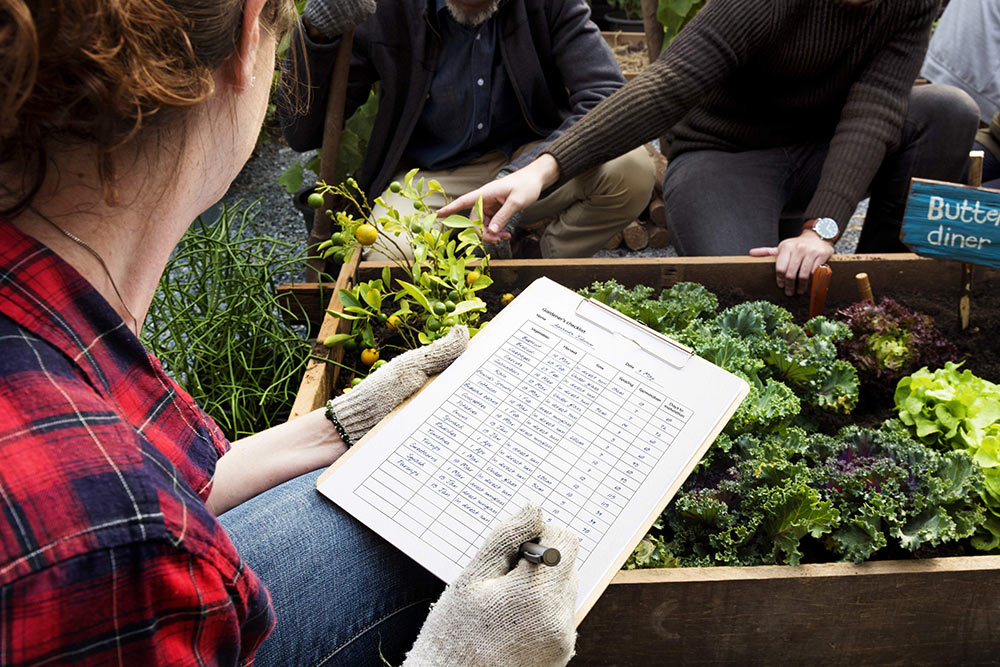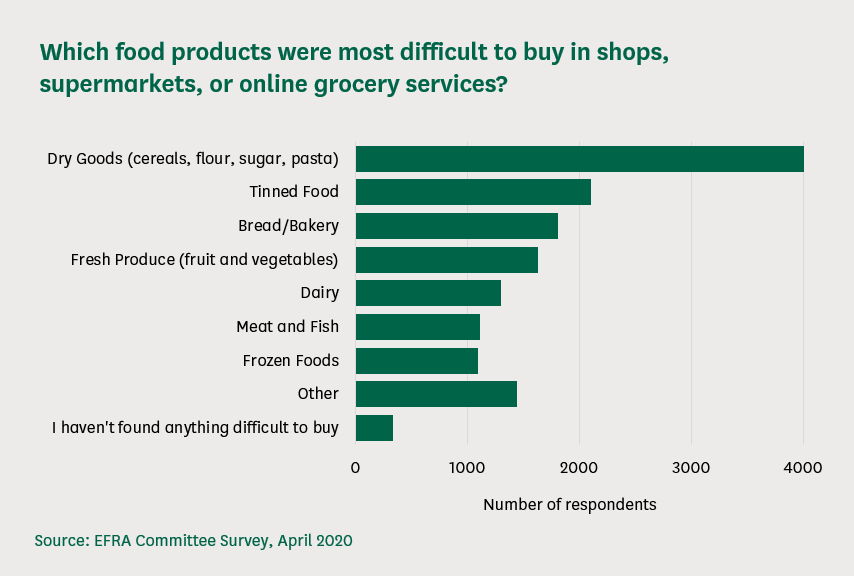
KEY FINDINGS
1 Despite vital emergency measures in place, more people are food insecure now than before the pandemic.
• Pre-pandemic, we saw a rising trend in levels of household
food insecurity. But Covid-19 has left more people than
before struggling to afford or access a nutritious diet.
Emergency interventions appear to have prevented the
situation from worsening in recent months but turning off
the tap of support risks seeing elevated levels of hunger
and deprivation becoming the new normal.
• Despite community and voluntary sector groups heroically
stepping in to help millions of vulnerable people, our
evidence shows too many food insecure households have
struggled to access support. Reliance on overstretched
food banks and food aid charities is not a sustainable
safety net for individuals and families who can't afford a
decent diet.
2 Households with children have been hit hard, with many
children still falling through the cracks in support.
• Households with children have consistently found it harder to put food on the table, particularly lone parents, large families, and low-income families. Recently, slight improvements in levels of moderate/severe food insecurity among households with children suggest targeted policy interventions have mitigated a significant deterioration. But children reporting experiences of mild to severe food insecurity had not improved this January (2021) compared to six months ago.
• Free School Meal vouchers have represented a vital lifeline for eligible children and their families during Covid, but a series of issues with provision during school closure left many eligible children unable to rely on a regular, quality meal. Many children not currently eligible for Free School Meals face the daily stress of not knowing where their next meal comes from. An increased number of children reported they or their families visited a food bank
this Christmas compared to during the summer holidays.
3 Existing support schemes have made a difference, but gaps have meant many people still struggle to eat adequately.
• Covid-19 has deepened the financial hardship faced by lowincome households and has also created a newly vulnerable group who were financially stable pre-Covid. Households are balancing on a financial tightrope, increasing debt and using up savings to survive. With household budgets on a shoestring, the end of the Furlough Scheme and the proposed cut to the £20 uplift to Universal Credit can only increase the challenges faced by individuals and families already struggling to pay their food bills.
4 Covid-19 has dramatically widened inequalities in food security and nutrition.
• Exposure to food insecurity is not equal across all households. Throughout the crisis, BAME communities have consistently encountered disproportionately higher levels of food insecurity compared with white ethnic groups. Comparing our data to before the pandemic, inequality in food insecurity has widened between those from BAME backgrounds and white ethnic groups.
• Adults with disabilities have also consistently been more acutely affected by food insecurity during the pandemic compared with those without disabilities. Our most recent data show people with severe disabilities have five times greater levels of food insecurity than those without.
• Despite undertaking essential work like stocking our grocery shelves, food sector workers have reported much higher levels of food insecurity than the general population.
Read full report.
Alcohol has emerged as the sector with the largest number of counterfeit cases in India in 2020, with experts attributing this to a lack of enforcement as well as high profits available for counterfeiters during the COVID-19 crisis.

